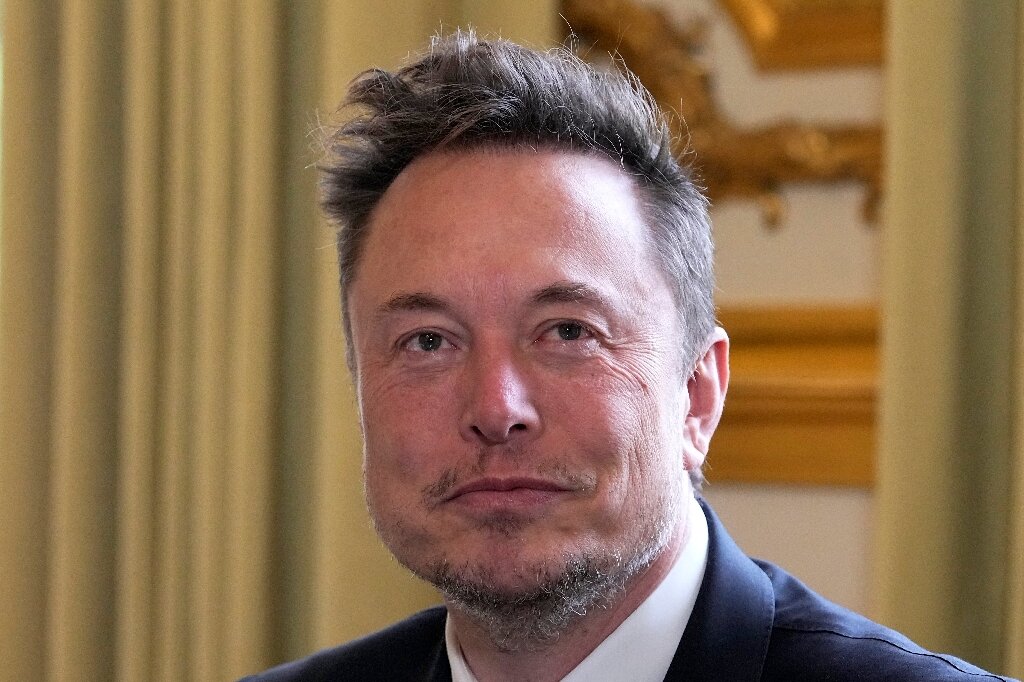Elon Musk’s start-up Neuralink has been granted approval from the US Food and Drug Administration (FDA) to test its brain implants in humans. This is a significant milestone for the company, which aims to develop technology that will allow brains to interface directly with computers. Musk has previously stated that the ultimate goal of the technology is to prevent humans from being intellectually overwhelmed by artificial intelligence (AI).
Details of the Implants
Neuralink’s prototypes, which are the size of a coin, have already been implanted in the skulls of monkeys, as demonstrated by the start-up. The company has also tested the technology in pigs. The implants are inserted into the brain with the help of a surgical robot, and the disk registers nerve activity, which is then relayed via Bluetooth to a device such as a smartphone. Musk has claimed that the disk fits comfortably into the skull and could be concealed by hair.
The aim of the implants is to enable humans with disabilities to communicate directly with computers. Musk has suggested that the technology could be used to restore vision and mobility in people who have lost these abilities. In addition, Neuralink’s team has shared a “wish list” of potential applications, which range from enabling telepathy to the uploading of memories for later reference.
Plans for Clinical Trials
Although clearance has been granted for Neuralink’s first in-human clinical study, recruitment for the trial has not yet begun. The company has stated that it wants to be extremely careful and certain that the technology will work well before implanting it in a human.
Other companies are also working on brain-machine interface technology. In July, Synchron announced that it had implanted the first human brain-machine interface in the United States. However, experts and academics have expressed reservations about the concept of merging minds with machines.
Neuralink’s FDA approval for testing its brain implants in humans is a significant milestone for the company. The technology has already been successfully demonstrated in monkeys and pigs, and the hope is that it will help humans with disabilities to communicate directly with computers. Musk’s ultimate goal is to prevent humans from being intellectually overwhelmed by AI, although experts remain cautious about the concept of merging minds with machines.



Leave a Reply